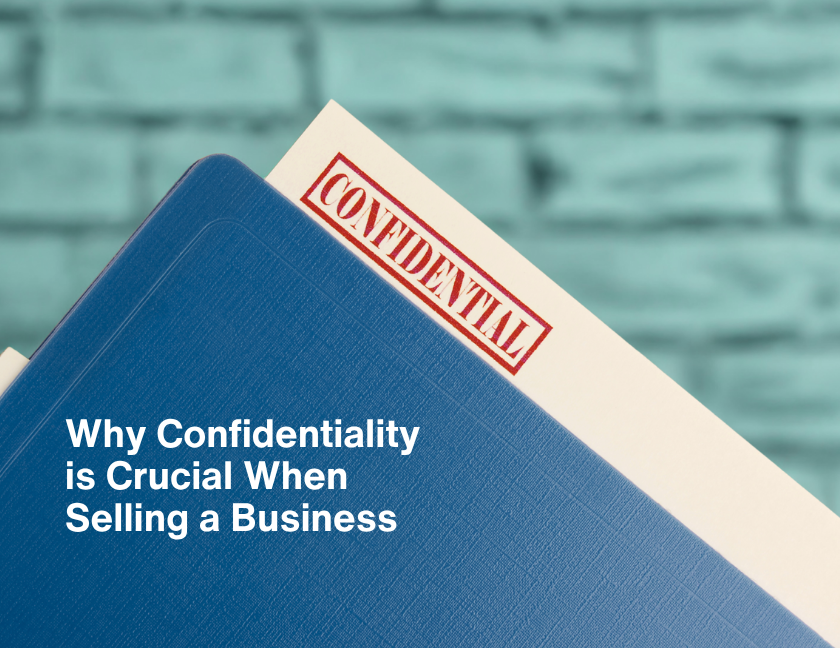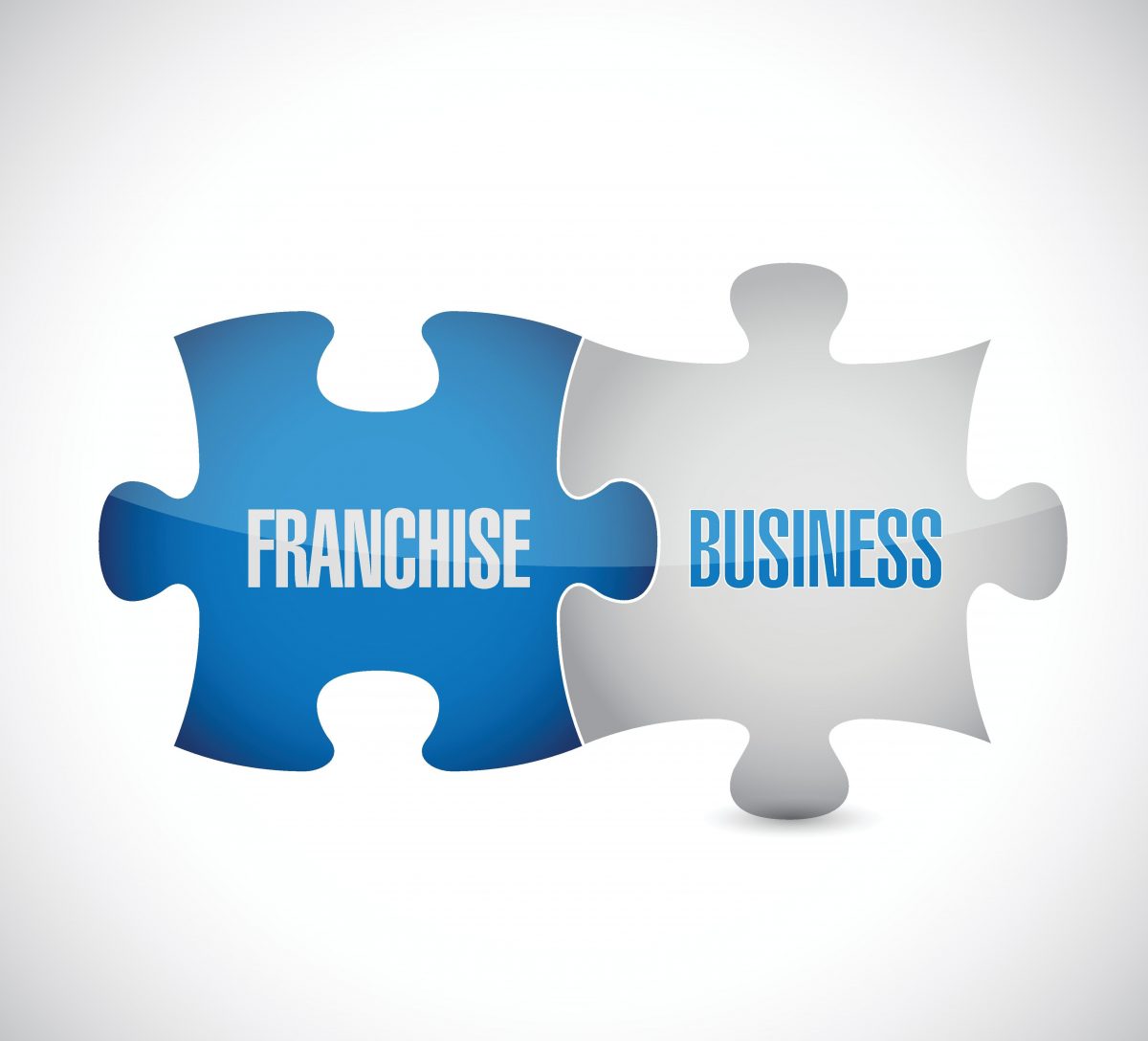



by Veronica Cardinale Ellinger, CEO, Murphy Business Sales At the beginning of every New Year, ranking lists that reflect top…
Read More
by Veronica Cardinal Ellinger, CEO of Murphy Business Sales As 2025 draws to a close, a significant trend is clear:…
Read More
When most people think about business broker qualifications, they picture licenses, certifications, and financial know-how. While those technical skills are…
Read More
The economic headlines of 2025 are hard to ignore. With inflationary pressures, uneven consumer demand, and a cautious lending environment,…
Read More
Selling a business is one of the most significant and sensitive decisions an owner can make. Whether the sale is…
Read More
Selling your business is an exciting milestone—but it can also be complex. Many business owners unknowingly make mistakes that cost…
Read More
Whether you’re running a successful business or interested in buying one, it’s important to understand the various financial documents that…
Read More
A lot of people dream of being their own boss. They want to own a company so they can do…
Read More
As an entrepreneur, you have many options when it comes to buying a company. Do you want to choose an…
Read More